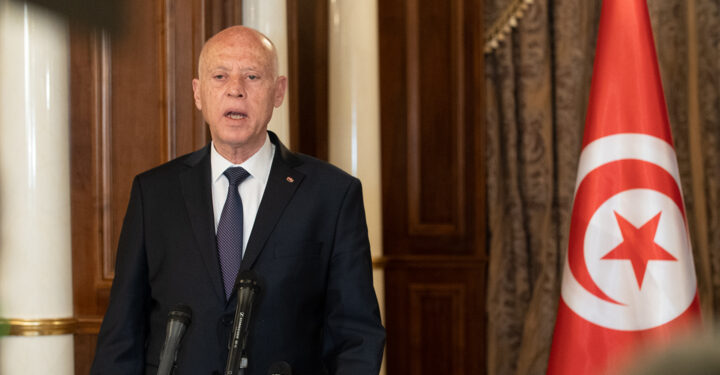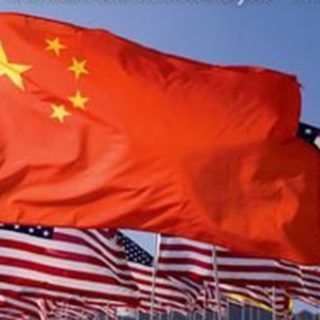

On 06 October Kais Saied has been re-elected president of Tunisia with 90.69% of votes cast, although low turnout reflected widespread discontent in the cradle of the Arab Spring pro-democracy uprisings. Three years after Saied made a sweeping power grab, rights groups fear his re-election will entrench his grip on the only democracy to emerge from the 2011 protests.In 2019, 58% turned out to vote for Saied as president.You can share an article by clicking on the share icons at the top right of it.
In recent years, the president was condemned by the Human Rights groups, because of a democratic backslide seen in Tunisia. A major problem is the high number of political detained people (around 170), which international actors and civic society consider a negative element in the respect of human rights.
Since the coup d’état of 25 July 2021, Kais Saied has set up a new ultra-presidential and authoritarian political regime. For three years, he meticulously deconstructed the architecture of the democratic regime installed after the 2011 revolution. The presidential election, which have been the first full-scale test to validate his choices with citizens, it`s considered as a sham election, like those organized by the toughest dictatorships and authoritarian regimes. Indeed, for three years, he has created a climate of terror in the country, imprisoning his opponents and hanging a sword of Damocles over the heads of journalists. In the period before the elections, his regime has stepped up its repressive measures, arresting or disqualifying candidates and even going as far as denying basic principles of the rule of law to cling on to power. The President’s victory from 6 October enabled him to remain at the helm of the country, but his legitimacy remained fragile.



